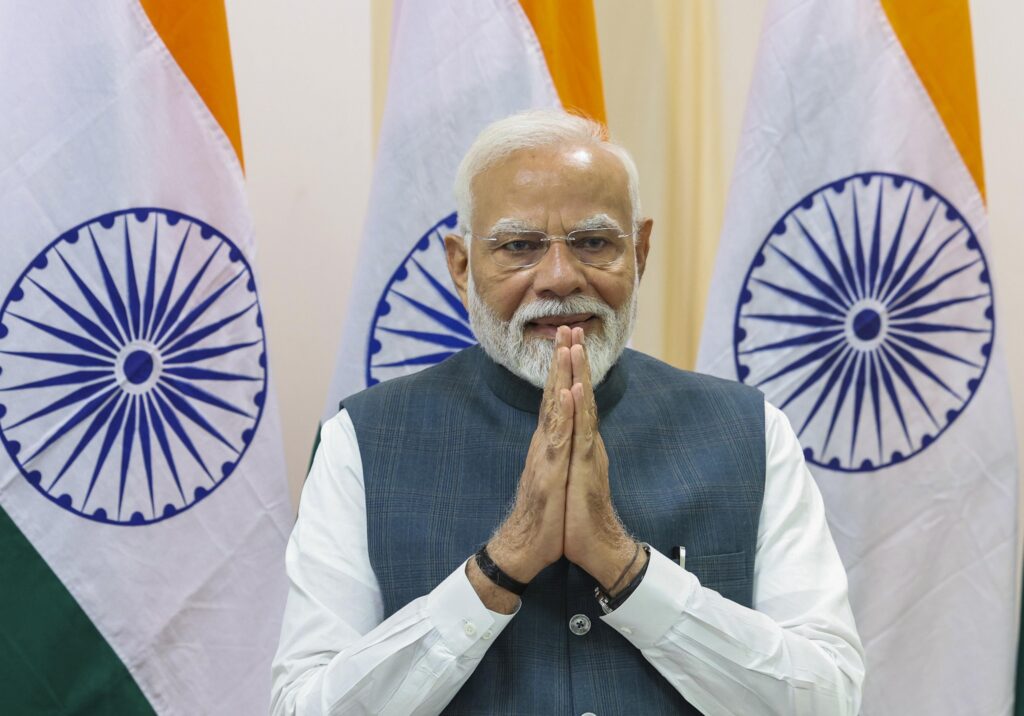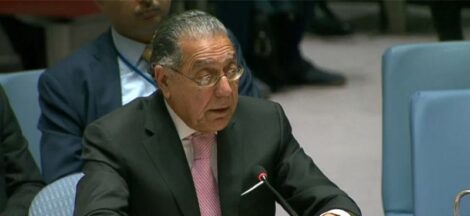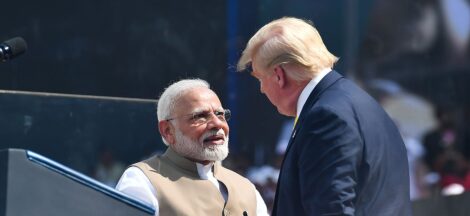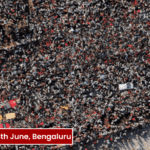Prime Minister Narendra Modi convened seven multi-party delegations at his residence on 10 June, commending their missions across more than 30 countries to champion India’s anti-terror stance. He asserted that including opposition leaders sends a powerful message of national unity to the world and urged continued global outreach.
Led by prominent figures spanning the Bharatiya Janata Party, Congress, DMK, Shiv Sena, JD and NCP, each delegation visited capitals in Europe, North America, Africa, the Middle East and Asia. Their goal: reinforce India’s zero-tolerance policy on terrorism following the Pahalgam massacre of 22 April, and expose Pakistan’s alleged sponsorship of terror networks.
Over 50 parliamentarians, alongside former diplomats and ex‑ministers, engaged foreign legislatures, think tanks, media outlets and policymakers. Their coordination resulted in focused discourse on terrorism and calls for accountability through forums like the Financial Action Task Force.
Shashi Tharoor of Congress, who led a delegation to the United States, Brazil and Colombia, described his session with the prime minister as informal and energetic. He reported widespread appreciation for the parliamentary initiative and said nations suggested such missions should become routine.
On X, Modi praised the delegates: “Met members of the various delegations who represented India in different countries and elaborated on India’s commitment to peace and the need to eradicate the menace of terrorism. We are all proud of the manner in which they put forward India’s voice”.
External Affairs Minister S. Jaishankar also acknowledged the delegations, praising their efforts in framing India’s stance on Pakistan‑linked terrorism.
The outreach efforts, set in motion through “Operation Sindoor” launched with military strikes on 7 May, followed swiftly after the Pahalgam attack. Indian forces targeted terrorist infrastructures in both Pakistan and Pakistan‑occupied Jammu & Kashmir, reportedly eliminating over 100 militants associated with Lashkar‑e‑Taiba, Jaish‑e‑Mohammed and Hizbul Mujahideen.
The focus then shifted to diplomatic engagement. Delegations travelled to 33 countries, conveying India’s message in contrast to Islamabad’s limited diplomacy, which sent only two envoys. Mr Modi remarked that the presence of opposition members alongside ruling party representatives underscored India’s cohesive stance.
Congress has been critical of the government’s foreign policy framing, calling it ineffective and claiming no global condemnations of Pakistan resulted from the outreach. They cited the U.S.’s role in mediating the ceasefire as proof of India’s diminishing influence. Within diplomatic circles, the effort has drawn attention, with outlets such as The Washington Post noting India’s campaign seeks to reshape the narrative by framing its strikes as counterterrorism measures and highlighting challenges in balancing domestic optics with international diplomacy.
Individual delegations emphasised their achievements. DMK leader Kanimozhi’s group, which included Dakshina Kannada MP Capt Brijesh Chowta, visited Spain, Greece, Slovenia, Latvia and Russia between 22–31 May, asserting that terrorism cannot coexist with peace or trade. In Doha, a delegation featuring MP Rajiv Pratap Rudy and Supriya Sule was warmly received by Qatari officials and reaffirmed India’s commitment to counterterrorism, dealing firmly with supporters of such violence.
Prime Minister Modi reiterated that more such bipartisan visits should be undertaken to “talk about India’s story” internationally.
Critics, however, question whether the outreach translated into decisive diplomatic pressure on Pakistan. Congress alleges the mission lacked substance, pointing to the absence of any public rebuke of Islamabad. Some analysts contend that although India’s narrative improved in media and permitting discussions, tangible policy shifts are yet to unfold.
Yet, with growing political cooperation and this expansive abroad campaign, New Delhi appears to be investing heavily in soft power diplomacy. The government views this as a strategic effort to present a morally united front, hoping it yields concrete international support on counter‑terror measures.




 Accountability Demands Mount Over Bengaluru Stampede
Accountability Demands Mount Over Bengaluru Stampede 